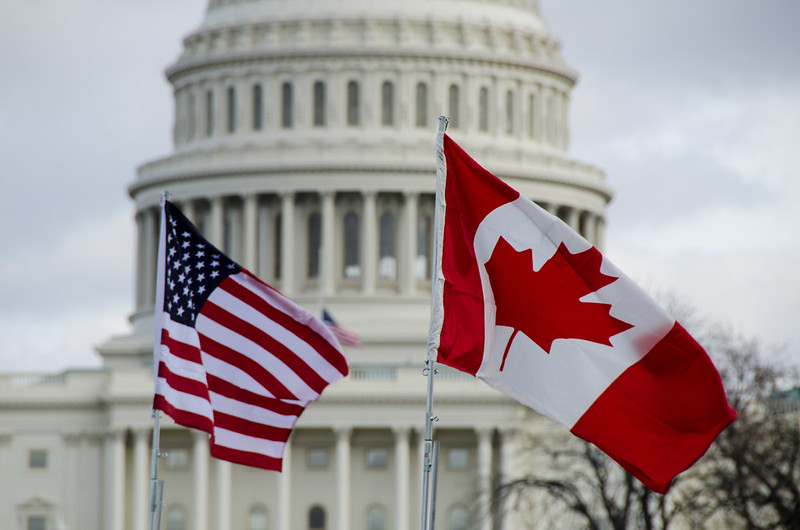The NHS has reached a historic milestone with one in eight senior managers now coming from black and minority ethnic backgrounds. The latest figures show 12.7% of top NHS bosses are from BME communities, climbing from 11.2% just last year.
These numbers tell an important story about modern Britain. Since 2018, the count of BME senior managers has jumped by 85%, rising from 201 to 372 people. Meanwhile, BME staff now make up 28.6% of the entire NHS workforce, compared to 26.4% in 2023.
For UK families, this matters because it means the people running hospitals and health services are starting to look more like the communities they serve. Nearly half of all doctors and consultants in the NHS come from minority backgrounds, along with over a third of nurses and midwives.
But the data also reveals troubling gaps that affect how fairly people get treated in their careers. At eight out of ten NHS hospitals, white job candidates are much more likely to get hired than BME applicants, even when both make it to the interview stage. This hiring gap has actually gotten worse over recent years.
The experience gap shows up in staff attitudes too. Only 48.8% of BME workers believe their workplace gives them fair chances for promotion, compared to nearly 60% of white staff. This suggests many talented people from minority backgrounds feel held back from reaching their potential.
More Stories
Dr Navina Evans, the NHS’s chief workforce officer, said the health service has made progress but “there is still much more work to be done to make sure all staff are treated fairly.” She stressed that having diverse leadership helps provide better patient care.
The changes reflect wider shifts in British society. As the UK becomes more diverse, institutions like the NHS face pressure to ensure their leadership teams represent the population they serve. The data shows this is happening slowly in senior roles, but barriers persist in the hiring process.
These workplace challenges mirror experiences many BME families face across different sectors. When promotion prospects feel unequal, it can push skilled workers to look elsewhere, potentially weakening the NHS when it needs talent most.
The NHS has published an equality plan with six specific actions to tackle discrimination and create fairer workplaces. Every hospital board now must set targets for improving diversity that match their local area.

For patients, research shows that diverse medical teams often make better decisions and provide care that better meets different communities’ needs. This becomes crucial as the NHS serves an increasingly multicultural population.
The latest figures suggest the NHS is moving in the right direction on representation, but the persistence of hiring disparities and unequal career experiences shows significant work remains. The health service employs 1.6 million people across 350 different job types, making it one of Britain’s largest employers.
Progress in NHS diversity matters beyond the health service itself. As a major public institution, the NHS often sets examples for other employers across the country in how they approach equality and inclusion in the workplace.


















